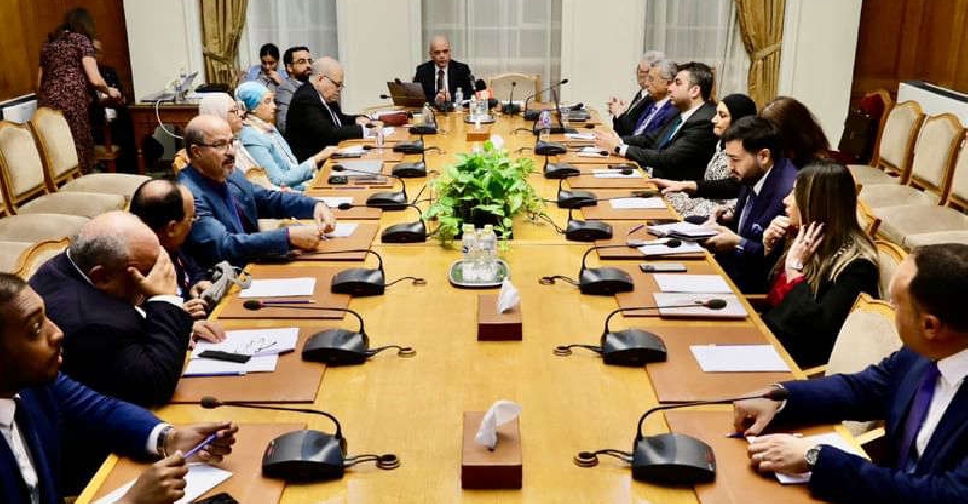
The Arab League expressed concern about the negative impact of persistent natural resource depletion and land degradation on food security in the region. 90 per cent of Arab countries' land is classified as dry or extremely dry, so it's susceptible to desertification.
Assistant Secretary-General and Head of the Economic Affairs Sector at the Arab League, Ambassador Dr. Ali bin Ibrahim Al Maliki, underscored the necessity for regional collaboration to address these issues, with a focus on compliance with environmental treaties and sustainable development initiatives.
Al Maliki also noted that the Arab Council of Ministers Responsible for Environmental Affairs has introduced several programmes aimed at fulfilling the objectives of the Arab Declaration on Environment and Development. These include initiatives targeting desertification, industrial pollution, and the promotion of a green and circular economy across the region.
Arab Environment Day, set for October 14, will feature a variety of events to raise awareness of key environmental issues in the Arab world.
The Arab League signed an agreement with China last year to establish the China-Arab International Research Centre for Drought, Desertification, and Land Degradation. The partnership aims to leverage China’s expertise in desertification control to enhance the region’s capacity for sustainable land management.
The UAE has also launched a "Plant the Emirates" campaign this week, which seeks to increase food security, develop agricultural technology, build new partnerships with the private sector, and spread the green areas in the country to ensure sustainability.
It will also provide technical support for innovative projects, ensuring that the agricultural sector continues to evolve, adopting modern practices and technology-driven solutions.
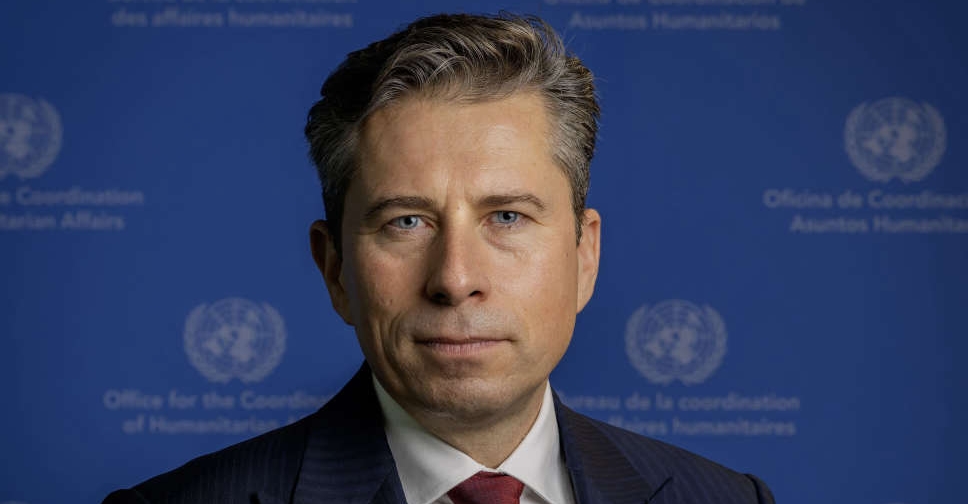 UN agency working on improving humanitarian partnership with UAE
UN agency working on improving humanitarian partnership with UAE
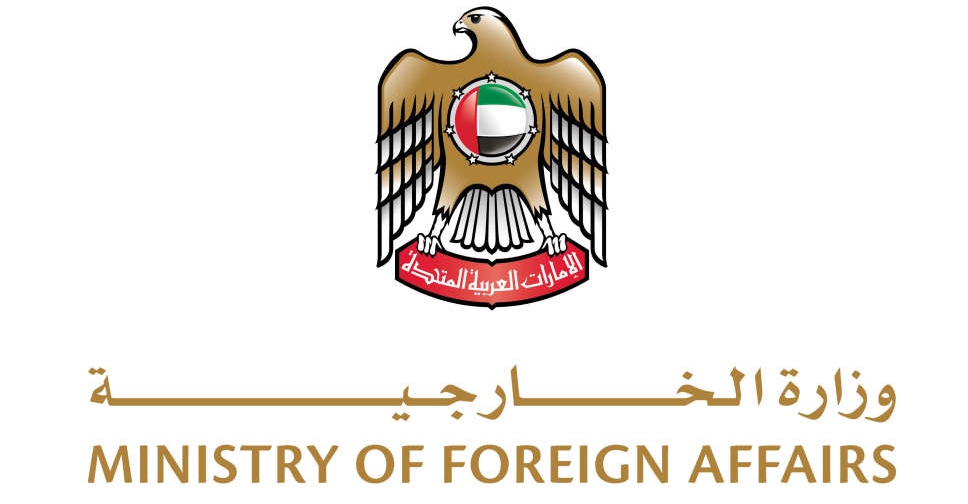 UAE expresses solidarity with Argentina over deadly floods
UAE expresses solidarity with Argentina over deadly floods
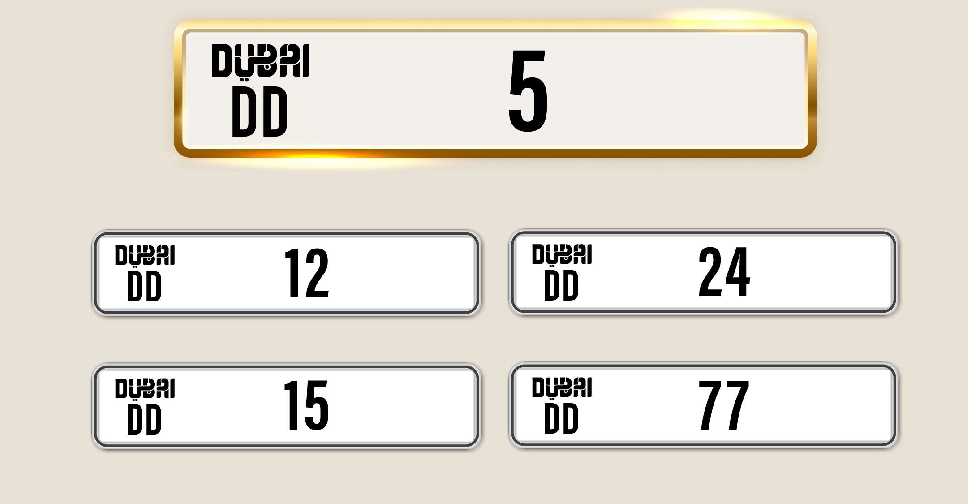 Special numbers auctions to boost Fathers' Endowment campaign
Special numbers auctions to boost Fathers' Endowment campaign
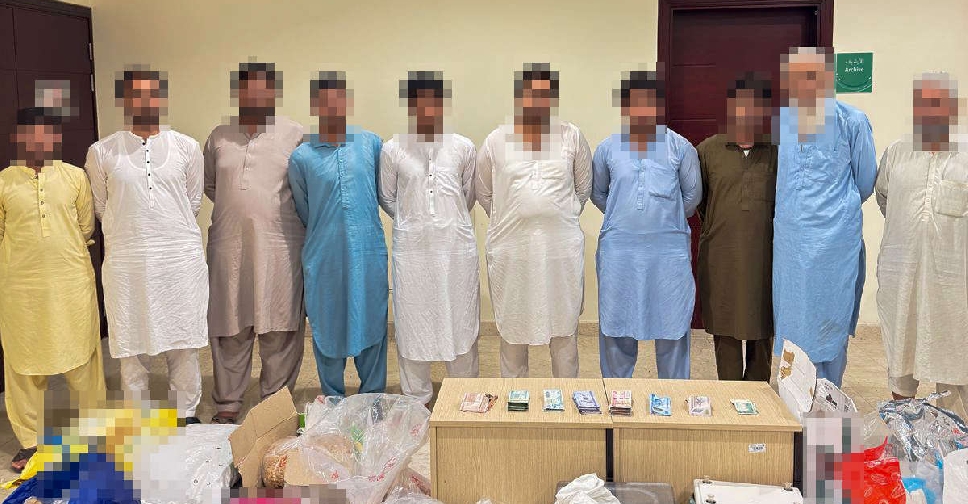 Dubai Police cracks down on illegal street vendors
Dubai Police cracks down on illegal street vendors
